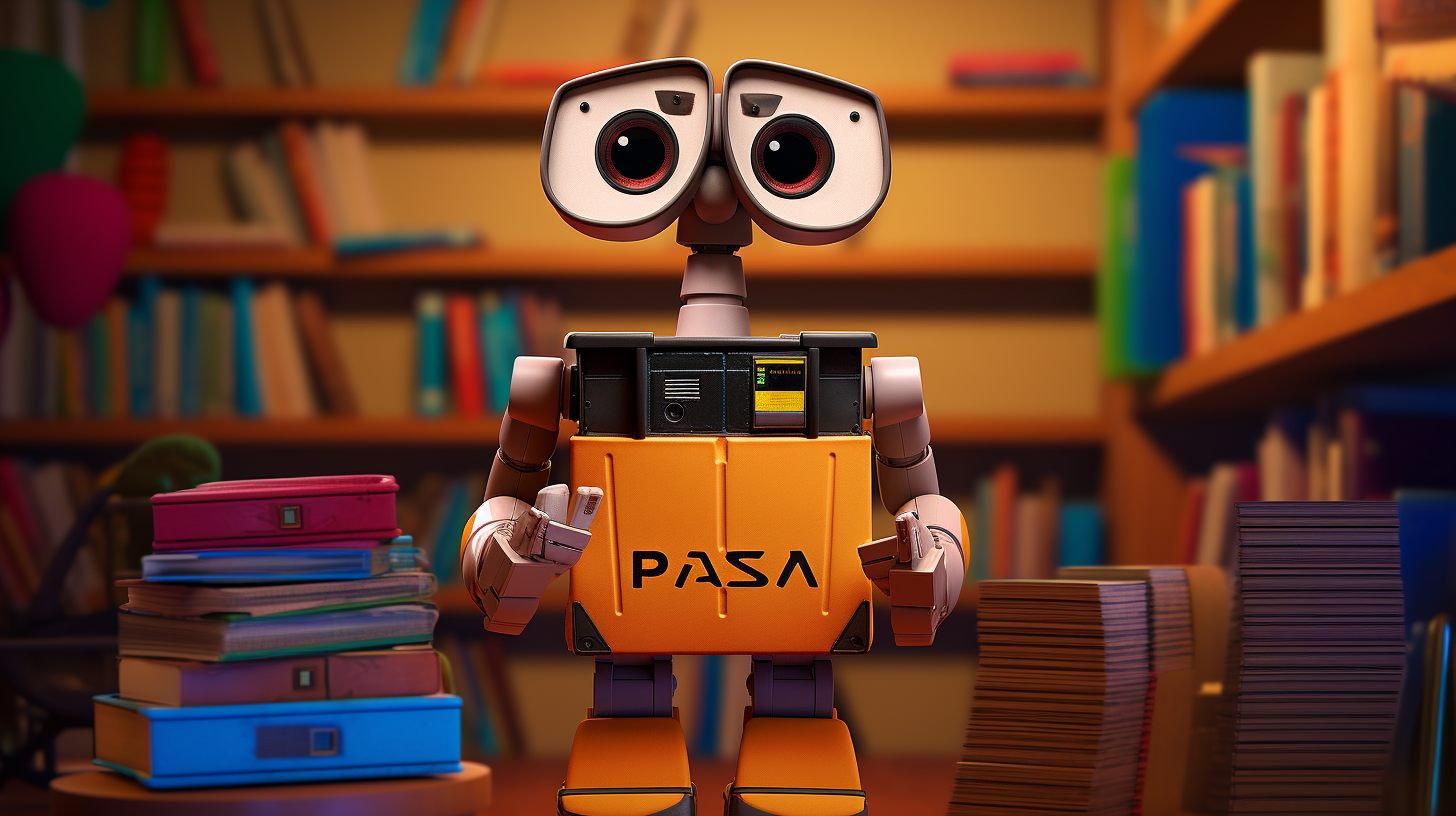
In the ever-evolving world of artificial intelligence, a groundbreaking service has emerged, redefining the way we create personalized yearbooks. Epik AI Yearbook, launched in 2022, utilizes cutting-edge deepfake technology to craft hyper-realistic portraits of students, breathing new life into the traditional yearbook experience. While this service is currently available in the United States and Canada, its impact and potential are far-reaching.
How Epik AI Yearbook Works
Epik AI Yearbook operates at the intersection of AI and photography, delivering an innovative solution for schools seeking to create highly customized yearbooks. Here’s a glimpse into how it functions:
- School Enrollment: Educational institutions register for the service and provide images and videos of their students.
- Deepfake Magic: Epik AI taps into a vast dataset of images and videos of real people to work its deepfake wizardry. Deepfake technology leverages a subset of machine learning known as “deep learning” to train computers in tasks involving complex data analysis.
- Creating Photorealistic Portraits: With access to an extensive dataset, the AI computers are trained to identify facial features and expressions accurately. This enables them to generate hyper-realistic portraits of students, breathing life into static yearbook photos.
- Customized Yearbooks: The AI-generated portraits are seamlessly integrated into personalized yearbooks, enhancing the overall experience for students and schools.
While Epik AI Yearbook’s use of deepfake technology is revolutionary, it’s essential to understand what deepfakes entail. Deepfakes are generated using advanced machine learning techniques that allow computers to mimic human facial features and expressions. In the case of Epik AI Yearbook, these machines are trained on real images and videos of people.
The Potential and Challenges of Epik AI Yearbook
Epik AI Yearbook offers a range of advantages:
1. Photorealistic Portraits: The service excels at producing photorealistic portraits that capture the essence of each student.
2. Customization: Yearbooks can be tailored to align with students’ preferences, offering a unique and personalized touch.
3. User-Friendly: Epik AI Yearbook is user-friendly, making it accessible and convenient for both schools and students.
However, there are some drawbacks to consider:
1. Cost: The service comes at a price, and schools must invest in it to provide students with this unique yearbook experience.
2. Privacy Concerns: Epik AI Yearbook involves storing images and videos of students on the company’s servers, raising potential privacy concerns.
As with any technology, it’s crucial to understand the associated risks. Deepfake technology is powerful and can be used for both positive and negative purposes. Here are some tips for identifying deepfakes:
- Anomalies: Look for irregularities or sudden, unnatural movements in videos or images, as deepfakes may exhibit these characteristics.
- Comparison: Compare the video or image in question with authentic images or videos of the person. If it appears markedly different, it may be a deepfake.
- Context: Consider the context in which the video or image is shared. If it seems dubious or out of place, exercise caution, as it could be a deepfake.
It’s worth noting that deepfake technology is continually advancing, and even experts can find it challenging to detect. As we navigate the ever-evolving landscape of AI and deepfakes, awareness and vigilance are our best defenses against potential misuse. Epik AI Yearbook represents an exciting step forward in the world of personalized yearbooks, offering both innovative potential and the need for responsible use and awareness.




Be the first to comment